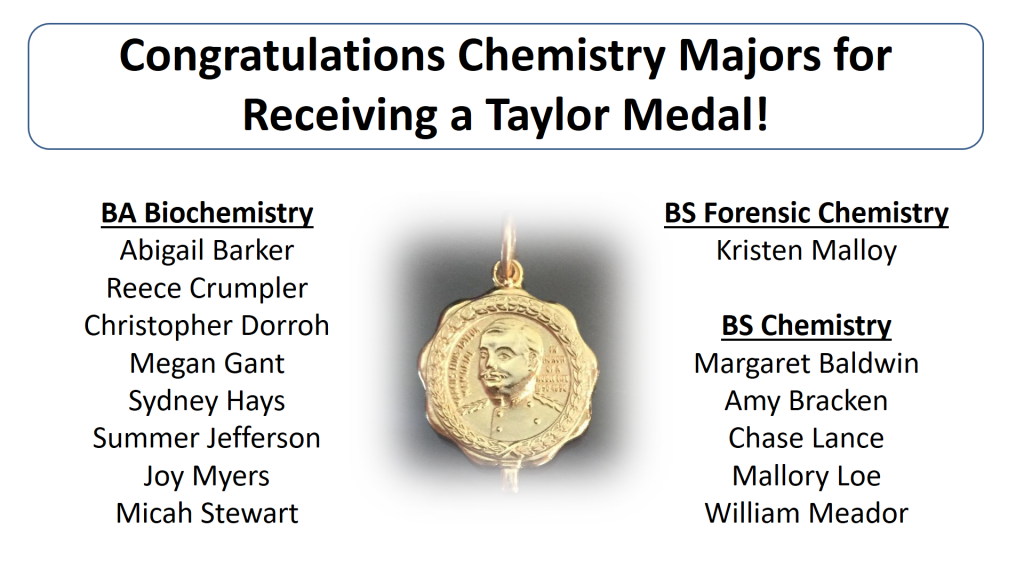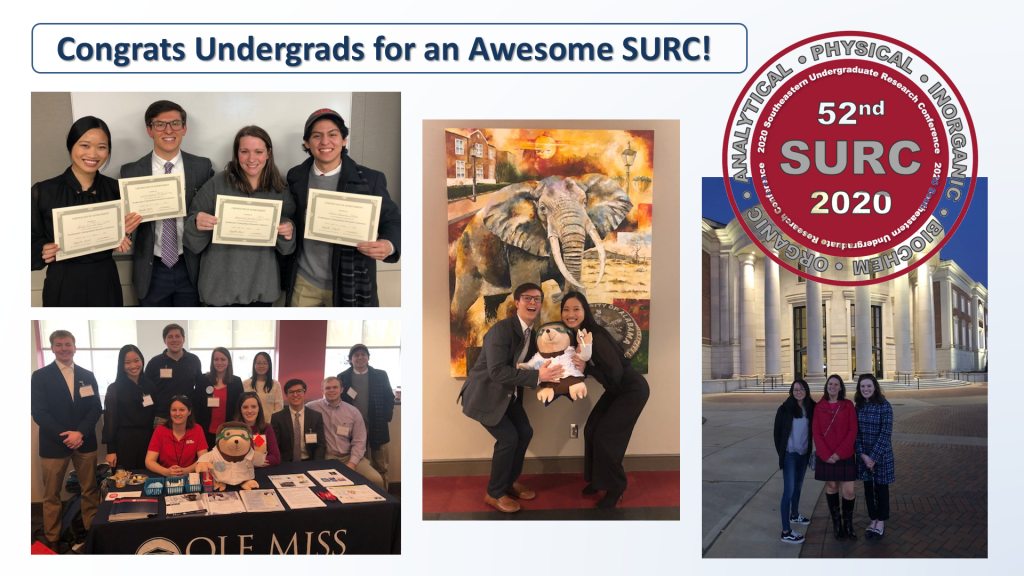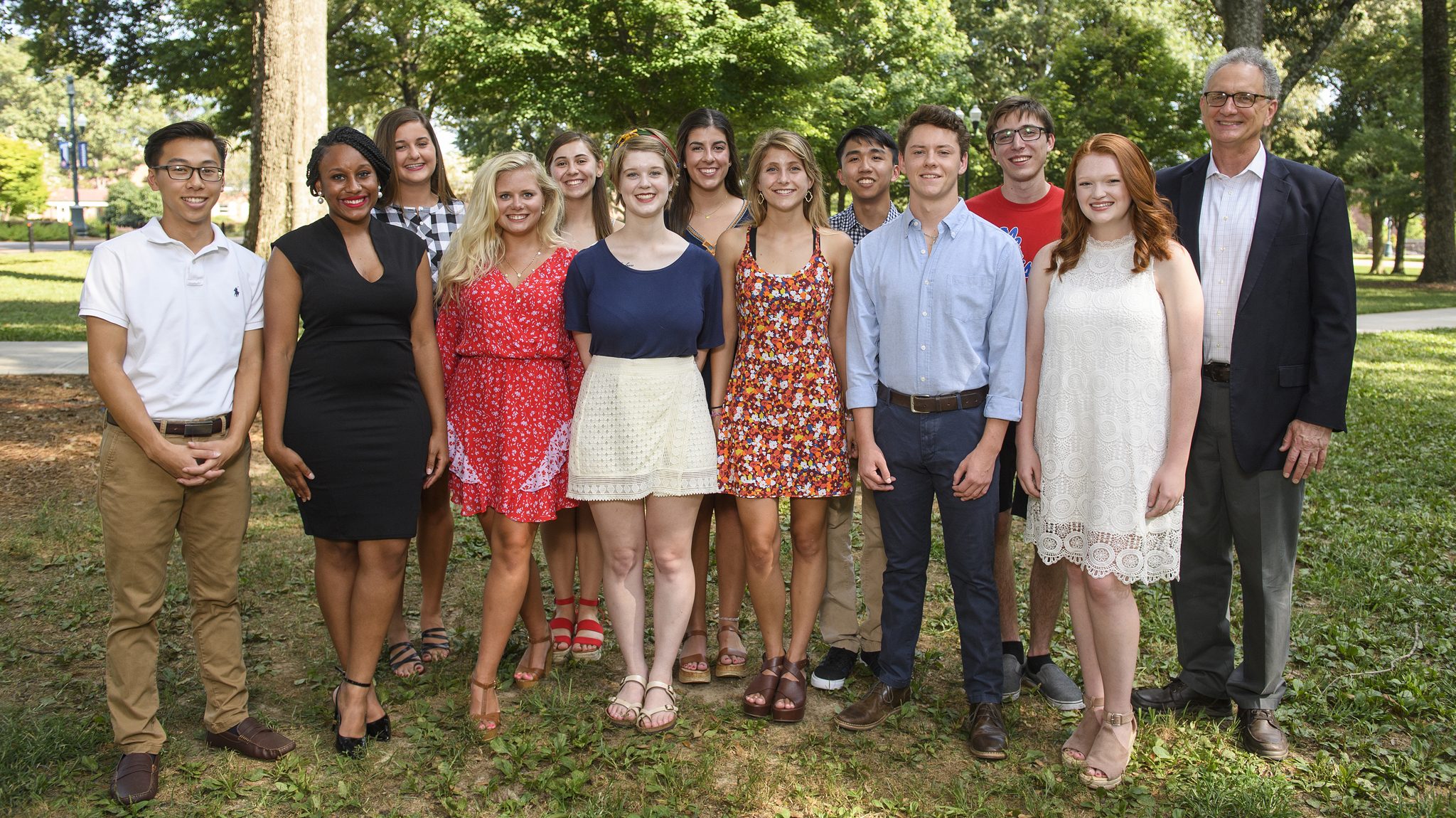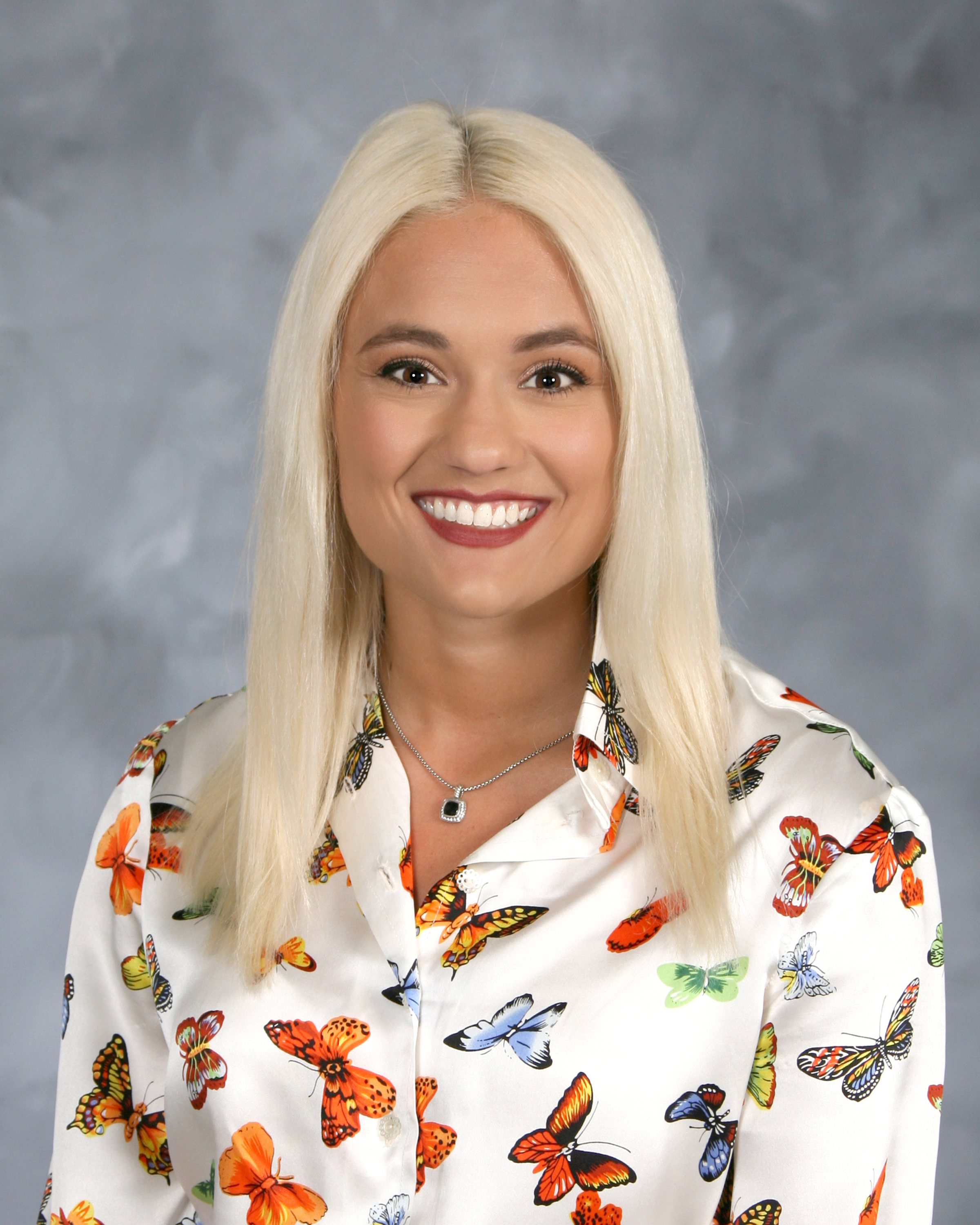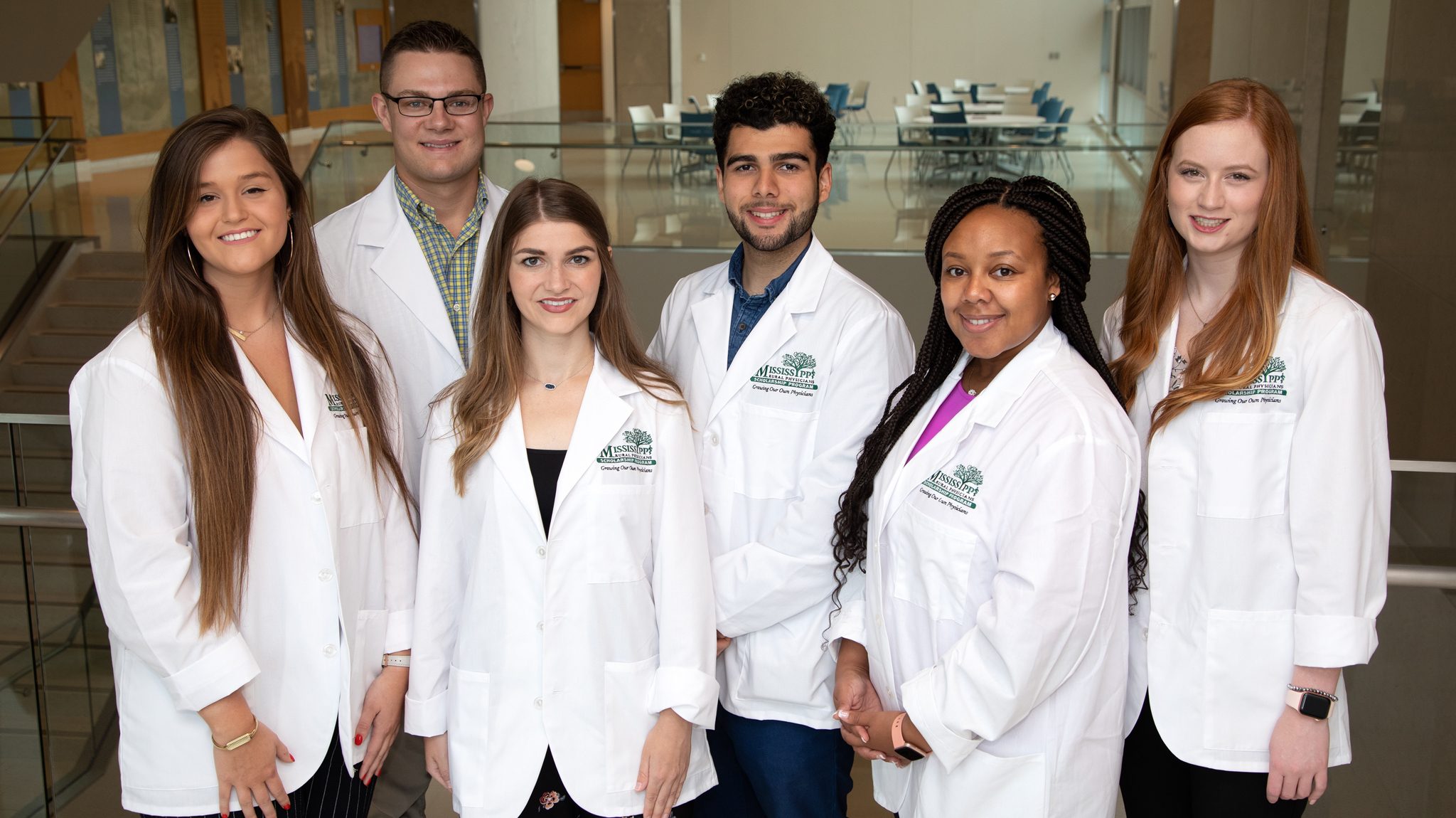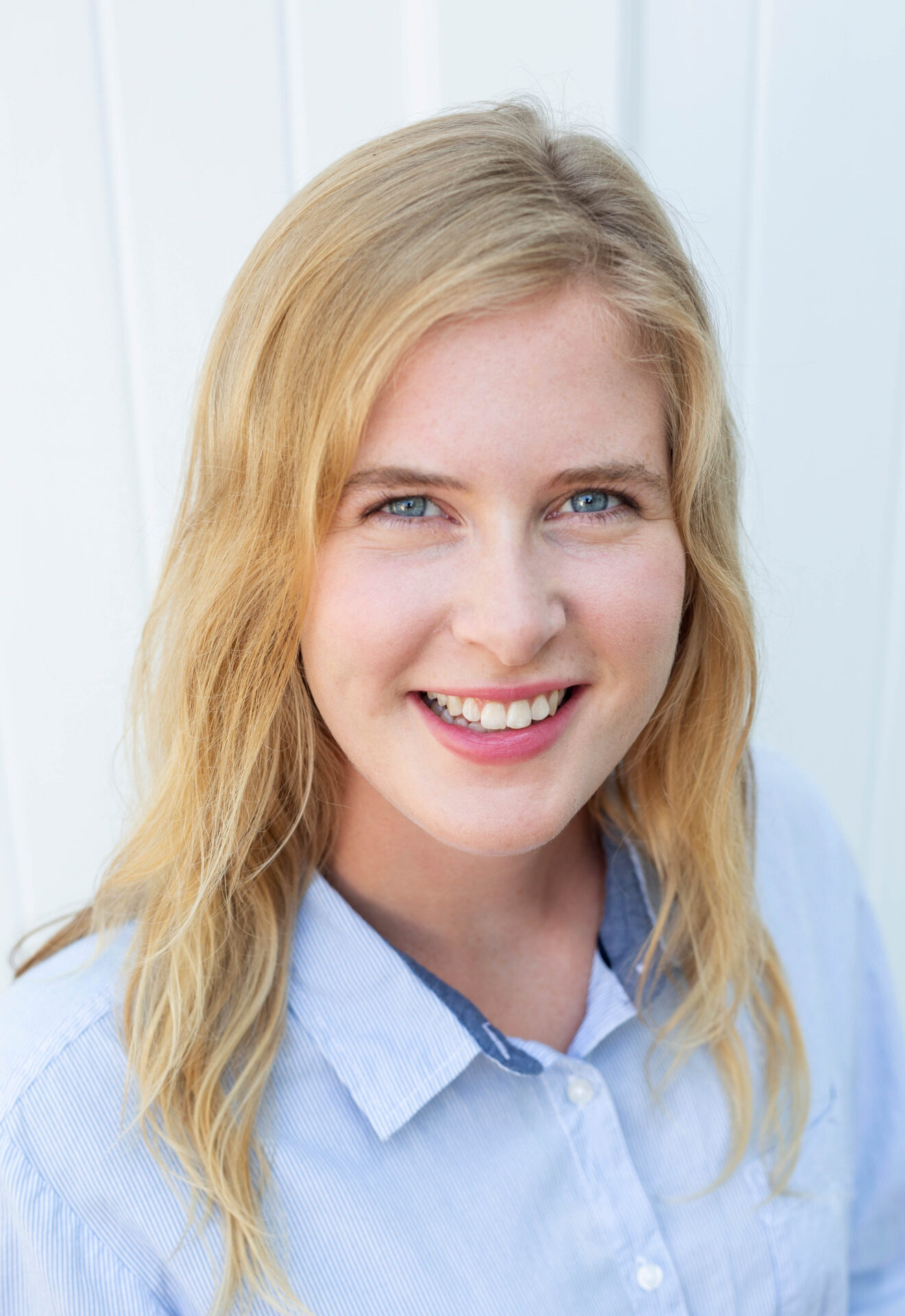Chemistry to benefit from Jim and Thomas Duff Center for Science and Technology Innovation
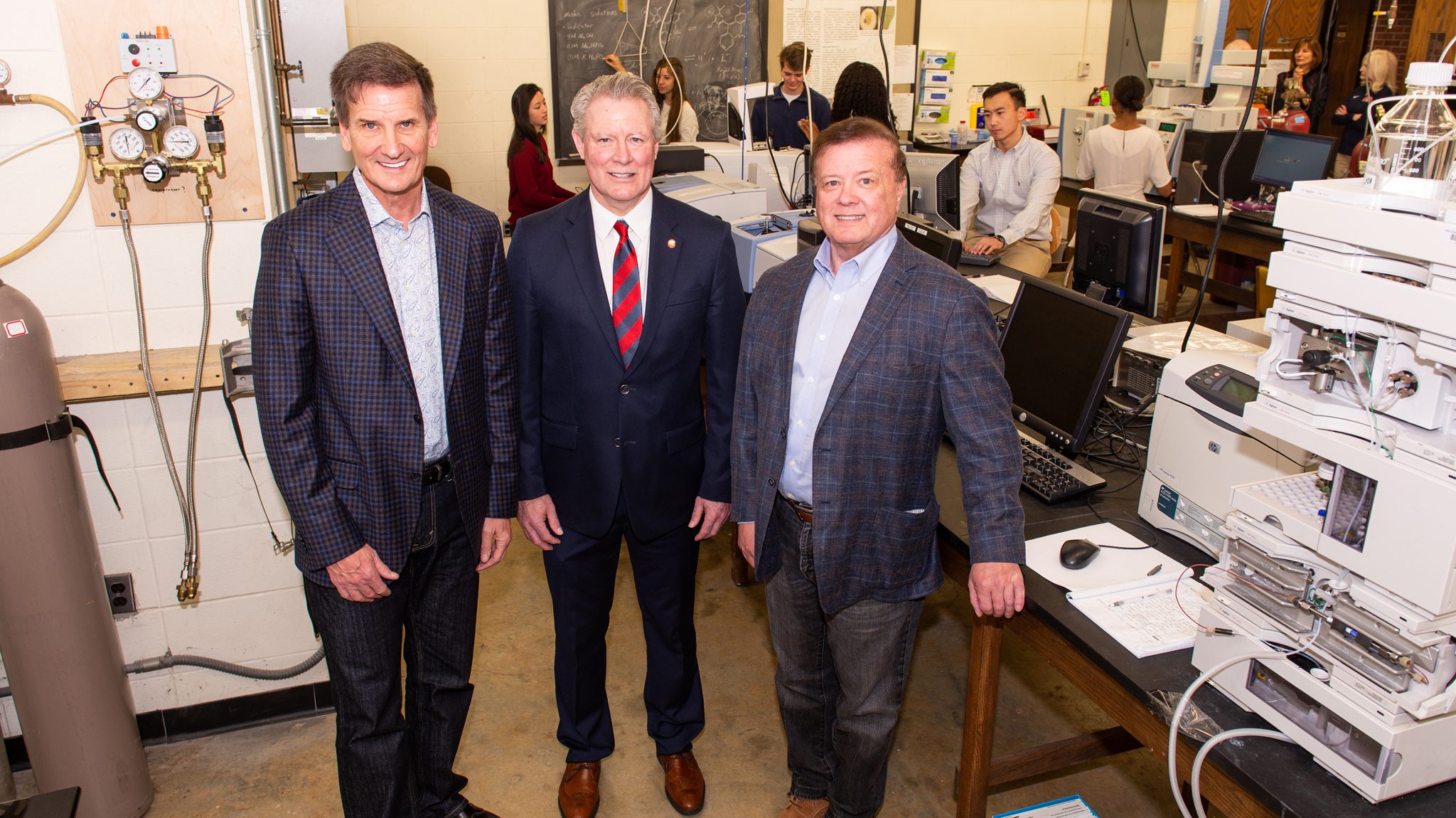
Business professionals Jim Duff (left) and Thomas Duff (right), of Hattiesburg, visit with UM Chancellor Glenn Boyce about their gift of $26 million toward construction of a new STEM facility on the Oxford campus. Ole Miss students, such as those pictured in this Coulter Hall chemistry lab, will benefit from state-of-the-art active learning spaces in the new 202,000-square-foot building. Photo by Bill Dabney/UM Foundation
OXFORD, Miss. – With eyes on increasing job opportunities and boosting the economy, business leaders and brothers Jim and Thomas Duff, of Hattiesburg, have committed $26 million to the construction of a state-of-the-art science, technology, engineering and mathematics facility at the University of Mississippi.
Chancellor Glenn F. Boyce announced today (Feb. 5) the top gift for the 202,000-square-foot building, which will be the largest single construction project in Oxford campus history, with a $160 million total project budget. The Jim and Thomas Duff Center for Science and Technology Innovation is projected to be one of the nation’s leading student-centered learning environments for STEM education.
“There is a critical need to increase the number of graduates in STEM fields to support growth and innovation in our state, region and nation, and strengthen the pipeline for training engineers, tech entrepreneurs, and science and math teachers,” Boyce said. “We are deeply grateful to the Duff brothers for this significant investment in our vision to produce graduates who fulfill critical needs, improve STEM teaching in our education systems and contribute as scientifically aware citizens in our society.
“Jim and Thomas are dedicated to enriching educational opportunities in Mississippi, and we guarantee that their investment will have a significant return as its far-reaching impact is felt. In the coming years, STEM job creation will outpace non-STEM jobs, and STEM professionals earn higher salaries, yielding more attractive opportunities for our students in Mississippi and beyond.”
Thomas Duff, a member of the state Institutions of Higher Learning board – the governing body responsible for policy and financial oversight of the state’s eight public universities – shared the motivation behind their gift.
“Jim and I recognize the importance of educating Mississippi students in STEM fields,” he said. “It is absolutely crucial to our state’s future to have an educated STEM workforce. In addition, we want to see talented high school graduates in our state have exceptional opportunities to prepare for some of the most rewarding careers possible. It’s what they deserve, and it’s what Mississippi needs.”
The Duff brothers contributed $1 million previously to support UM’s Flagship Constellations in memory of their father, the late Ernest Duff, who was the first in his family to pursue higher education. He earned an undergraduate and law degree from Ole Miss, where he served as the Associated Student Body president, was inducted into the student Hall of Fame, served on the Mississippi Law Journal staff and graduated first in his law school class.
In addition, Jim Duff’s daughters, Margaret and Caroline, are law and liberal arts students, respectively, at Ole Miss.
Jim Duff said his family values educational opportunities and wants to expand them in Mississippi.
“Tommy and I are impressed that part of the STEM facility’s mission will involve outreach to our state’s kindergarten-through-high school teachers,” Duff said. “We need our teachers introducing the idea of STEM fields to their students, inspiring them to major in STEM fields in college.
“This outreach will also include STEM activities for the community, improving the overall science literacy of our state and region.”
According to the National Math and Science Initiative, 60 percent of jobs created in the 21st century will require skills possessed by only 20 percent of the current workforce. The United States may be short as many as 1 million skilled workers over the next decade. The nation ranks 17th worldwide for the number of science degrees awarded annually.

The Jim and Thomas Duff Center for Science and Technology Innovation will be an important tool to bolster science literacy in Mississippi by providing active learning classrooms and state-of-the-art labs to prepare STEM majors and K-12 teachers of those subjects. The 202,000-square-foot facility is poised to be the crown jewel of the university’s Science District along University Avenue.
The additional space and technological advances offered by the Jim and Thomas Duff Center for Science and Technology Innovation are critical to serving the student enrollment.
The university’s ability to expand STEM courses, especially those that require laboratory work and other research, is stymied by a lack of classroom and laboratory space – and particularly by a lack of nontraditional teaching spaces that facilitate active learning. Some active learning classrooms have been set up ahead of the building and professors have seen positive responses from students.
With construction slated to begin in 2020, the Jim and Thomas Duff Center for Science and Technology Innovation will be located in the Science District, with one side facing the Grove and another facing Vaught-Hemingway Stadium and The Pavilion at Ole Miss. Thousands of people will pass this new campus landmark daily.
It will house lecture halls as well as chemistry, biology, physics, engineering and computer science labs. Lower student-instructor ratios will be in place, and various disciplines will be spread throughout the building to promote interdisciplinary teaching and learning.
Among other building highlights, students will enjoy technology-enabled active learning, or TEAL, labs and a visualization lab, similar to a small IMAX theater for 3D visualization. Engineering students will have access to dedicated lab spaces, including fabrication and testing equipment, for their senior design projects.
Several common areas will give students space to study both individually and in small groups, and a STEM tutoring center will provide additional support.
Such innovations appealed to the Duff brothers, who are widely known for their entrepreneurial spirit and for responding to opportunities with solutions, Thomas Duff said.
What began as a small-town enterprise quickly grew under the leadership of the Duff brothers, who saw unique opportunities for the development of solution-providing companies. That forward-thinking force became Duff Capital Investors, a privately-owned company headquartered in Columbia.
DCI comprises 20 companies, providing more than 13,000 employment opportunities across the nation and exceeding $3 billion in total revenues. The company includes Southern Tire Mart, KLLM Transport Services, Frozen Food Express, TL Wallace Construction, DeepWell Energy Services, Pine Belt Motors and many other companies that were founded as solution providers.
UM will seek other private, state and federal funding, use internally generated cash and borrow funds to cover the costs of the construction. Other private support for the building includes a $25 million gift from the Gertrude C. Ford Foundation in Jackson, a longtime donor to Ole Miss.
For more information on providing support for the STEM facility, contact Charlotte Parks, vice chancellor of development, at cpparks@olemiss.edu or 662-915-3120; or visit http://give.olemiss.edu. Other naming opportunities are available inside the STEM building.
February 5, 2020 by Tina H. Hahn
